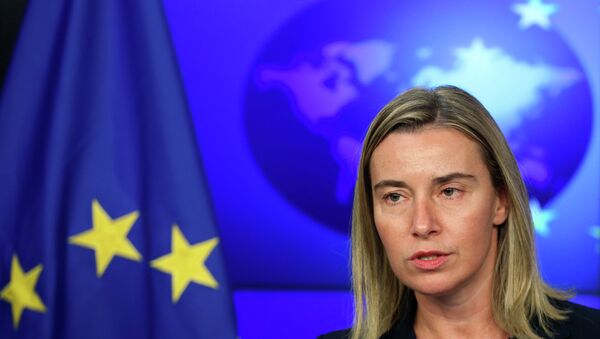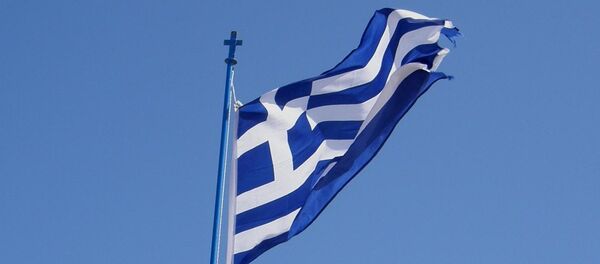"We have decided to extend the restrictive measures, targeting persons and entities that were decided in March last year," said EU High Representative Federica Mogherini in a statement on Wednesday, before declining to specify any further action to be undertaken. "The services, both in the EEAS [European External Action Service] and in the Commission, are starting the preparatory work on any other appropriate action that from our side can be taken in view of ensuring the implementation of the Minsk agreement."
The Foreign Affairs Council announced in a press release that as a result of Thursday's meeting, existing sanctions against specific individuals and entities have been extended until September 2015, while a list of further targets is being drawn up by the EU Commission ahead of the next meeting of the Foreign Affairs Council on February 9. The first sanctions from the EU were put in place in March 2014, and prior to Wednesday's announcement, they had been due to expire in March 2015.
The Financial Times reports that diplomats from predominantly northern European countries calling for tougher economic sanctions, which include Britain, Poland, the Baltic states and Romania, disclosed that France, Italy and Germany were cautious about imposing more sanctions. German economy minister Sigmar Gabriel told the paper ahead of the meeting it was “too early” to talk about further sanctions.
Prior to Wednesday's meeting, ministers in Greece's newly-elected left-wing government had also expressed opposition to imposing greater sanctions against Russia. Foreign Minister Nikos Kotzias, arriving at the meeting, told the EUObserver: "Greece is working to restore peace and stability in Ukraine and at the same time to prevent a rift between the European Union and Russia," while Panagiotis Lafazanis, Greece's new energy minister, told Athens News Agency that his country was against sanctions and the embargo against Russia.




